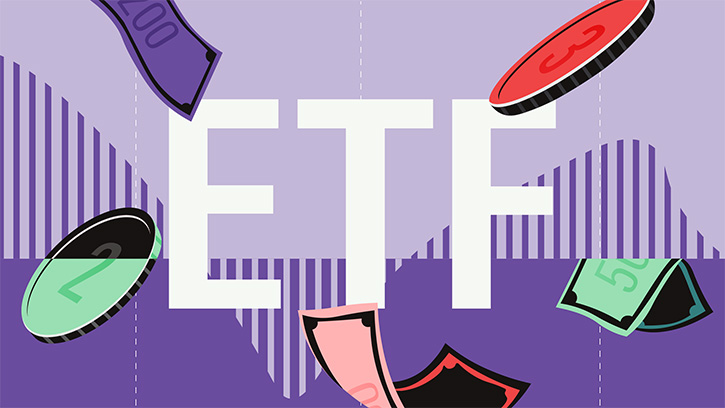This fund’s three-year return is poor on a relative basis, ranking in the bottom quartile of both the Morningstar UK Large-Cap Value category and the IMA Equity Income sector. The underperformance owes largely to a sub par showing in late 2004 and 2005, when portfolio manager Toby Thompson mostly passed on the energy and mining rallies.
We believe there’s more to the fund than its recent letdown suggests. Its since-inception return as of November 20th, 2006, remains above the category and sector medians. Moreover, Thompson has had
considerable success running money in this style in the past. Under his management from 1996 through 2001, Newton Higher Income ranked third in the IMA Equity Income sector for the five year period, and landed in the top half of Morningstar’s UK Large Cap Value category every year that he ran the fund.
The investment process that led Thompson to such consistent success at Newton is the same one he employs at New Star. He first screens for stocks with dividend yields of at least 1.2 times that of the FTSE All-Share index. He then seeks out the companies he thinks have the most financial strength (particularly dividend coverage, current liabilities, and interest coverage) and dividend and share price growth potential. The resulting portfolio has valuations well below category norms, and generates a solid income stream.
That said, we believe the fund’s appeal to cautious, income-seeking investors is undermined by Thompson’s willingness to dabble in higher-risk issues. Specifically, he will buy firms that he expects to pay a dividend, even if they don’t already pay one. He bought gaming stocks such as Partygaming and 888 Holdings on this basis, with the fund’s exposure reaching 4.6% of assets as of June 2006. When the US government effectively shut the companies out of its market, the shares slumped sharply, nicking the fund’s returns.
Thompson was not alone in betting on the gaming sector. Nevertheless, it’s an aspect of his style that investors considering this fund should bear in mind. Our other main concern here is the fund’s total expense ratio, which at 1.81% per year, is among the highest in its sector. That’s a lot to pay for a UK equity fund, and makes Thompson’s job here harder than it needs to be.
Thompson’s experience and past success suggest this fund is better than its three-year numbers show, but its high expense ratio and the manager’s occasional forays into riskier issues prevent it from being a compelling choice at this time.























